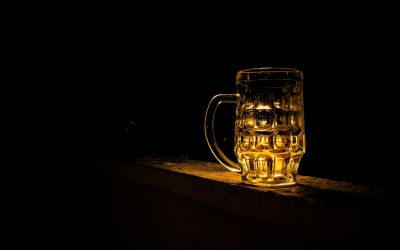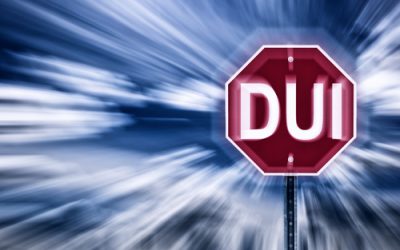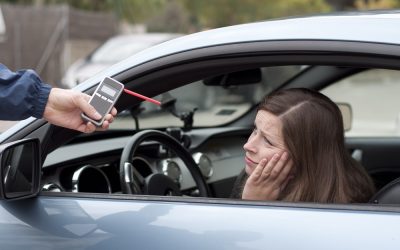When investigating a DUI and carrying out an arrest, police are required to follow rules and obey procedures. These procedures are designed to:
- Provide transparency and fairness in police work
- Protect your rights
- Make sure the evidence police collect is unbiased and legal
Police frequently break these rules, often by mistake. When they do so, it means that the specific evidence they collected by breaking the rules cannot be used in your case. If police made a mistake in your case, your lawyer can file a motion to suppress with the judge. If the judge agrees with this motion, the evidence will be “suppressed” or taken out of the case. The prosecution cannot use it against you and the jury will never hear it. This makes your defense much stronger and often leads to winning your case.
In some cases, the evidence that is thrown out is so important that the prosecution has no case without it. In this case your lawyer could move to dismiss the charges, essentially winning your case without ever going to trial.
Having a good lawyer review the police work for potential mistakes is one of the most important steps to beating a DUI charge.
What are the most common mistakes in a California DUI case?
The most common mistakes we see are:
- No “reasonable suspicion” (illegal traffic stop). Police need to have a reason to pull you over in the first place. Normally this means clear evidence of a traffic violation (seeing you speeding, noticing a broken light, etc.). It can also mean they have reason to suspect you need help, such as if you are pulled over on a busy freeway, or they have a report of a vehicle matching your description that was involved in a crime. These all count as “reasonable suspicion.” If police did not have reasonable suspicion then literally all the evidence they gathered is invalid and you will likely get your case dismissed.
- DUI checkpoint mistakes. Police have to follow rigorous rules at DUI sobriety checkpoints. If there is any misconduct at the checkpoint, including breaking the rules on how to choose which drivers to detain, the evidence gathered from that point on is likely invalid.
- Failing to properly administer field sobriety tests. Police use field sobriety tests or FSTs to evaluate whether you are intoxicated before deciding to arrest you. But they have to do every FST in accordance with rules created by the National Highway Traffic Safety Administration. These include clearly explaining each test, providing level ground on which to perform the tests, and accounting for other factors that would through off your results such as fatigue, age and physical fitness. If they did not administer the tests properly, the FST evidence is likely invalid.
- Failing to properly administer the breath test. After your arrest you will usually be asked to take a breath test, which it is illegal to refuse. The breath test results are often the key piece of evidence against you. But police must observe you for 15 continuous minutes before the test in order to make sure you are not burping, vomiting or eating/drinking anything. They also need to follow strict rules for calibrating the test device. Any mistake in administering the breath test means the test results may not be usable as evidence.
- No probable cause for arrest. Before arresting you police need probable cause. This means they have enough evidence of DUI that a reasonable person would think you’re breaking the law. If they did not have probable cause for the arrest, any evidence gathered after the arrest may be inadmissible. (Evidence from before the arrest may still count against you, however.) Cases where the judge rules that there was no probable cause are often dismissed outright.
These are just some of the most common police mistakes in DUI cases. Your lawyer will examine each stage of the police work, from their report on the initial stop and arrest to the evidence they submitted. If there are any irregularities it can help your case tremendously.
Have you been charged with DUI? We can connect you with an experienced Los Angeles DUI lawyer and get you a FREE consultation. Fill out the form to the right or call (310) 896-2724 and get your free consultation today.






